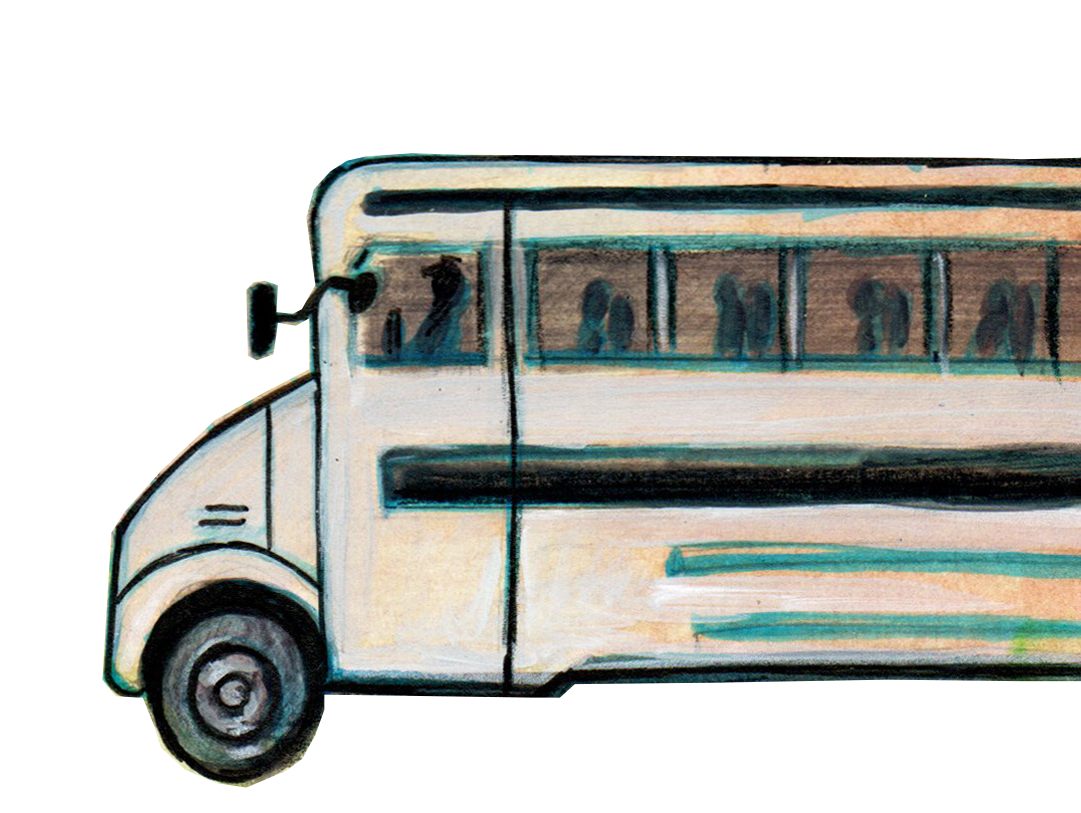In 2024, after hearing horrific testimony* detailing the abuses experienced by pregnant women in jails and prisons in Georgia, including shackling and the denial of care throughout pregnancy and child birth, Senator Jon Ossoff introduced a bipartisan bill called the Births in Custody Reporting Act.
When asked for comment at the close of these testimonies*, the current sheriff simply told the U.S. Senate Human Rights Subcommittee to contact the ex-sheriff, who was already in federal prison serving time for violating the constitutional rights of detainees inside the jail.
Noteworthy cases in GA:
*Tiana Hill was severely neglected through her entire pregnancy and during birth by jail staff, who insisted she wasn’t pregnant until she gave birth alone, 2019. Her testimony was instrumental in the creation of the Births in Custody Reporting Act.
*Jessica Umberger was denied medical care and the choice to give birth the way she wanted, resulting in unwanted interventions. She was also surveilled during her birthing experience, denied access to her child, and denied the opportunity to properly care for herself following forced medical intervention, resulting in infection and prolonged suffering, 2018. She now serves as care navigator for the Policing Alternatives & Diversion Initiative in Atlanta.
Pamela Winn was shackled during pregnancy, causing her to fall while being transported, and then experienced medical neglect and pregnancy loss, 2008. She was then placed in solitary confinement for “medical observation”. She is now the founder of RestoreHER, a reentry advocacy organization led by and for women of color based in Georgia.
Pregnancy & Parenting:
Experiences from the pic
All of the ways that pregnant people experience criminalization are more severe for those already living at the center of the Prison Industrial Complex (PIC). Carceral pregnancy, whether in jail, prison, or youth confinement, is characterized by a lack of supportive policies and practices. Incarcerated pregnant people endure a higher rate of adverse birth and postpartum outcomes and do not have the opportunity to make choices about any part of their pregnancy or birth experiences, according to the Pregnancy in Prison Statistics (PIPS) Project.
There are now more than 100,000 incarcerated women, and three-quarters of them are of childbearing age. Women in prison are at a heightened risk for maternal mortality and severe maternal morbidity. The threat is particularly acute for Black women, who are imprisoned at twice the rate of white women, according to the Black Maternal Health Caucus.
Based on data collected by the American Civil Liberty Union, 23 out of 50 state prison policies do not provide screening or treatment for high-risk pregnancies. This means that pregnant people who are at-risk for pre-eclampsia, struggling with substance abuse, or are HIV-positive do not receive appropriate treatment. Additionally, when the time comes to give birth, only 26 out of 50 have codified arrangements for labor and delivery. However, even when there is policy in place, this still does not ensure that pregnant people are actually receiving the care they need. Correctional staff often ignore, neglect, and do not believe incarcerated pregnant women asking for reproductive health care.
One of the most extreme forms of harm incarcerated pregnant people experience is shackling throughout their pregnancy, birth, and postpartum experiences. In Georgia, H.B. 345, the “Georgia Dignity Act,” which went into effect on October 1, 2019, provides bans the use of restraints on such incarcerated pregnant people in their second or third trimester and those immediately postpartum, as well as prohibiting invasive strip searches, or solitary confinement that is not in a medical setting. Additionally, the the bill makes provisions for incarcerated pregnant people to be trasferred “as expeditiously as possible.” Yet advocates say they continue logging reports of law enforcement agencies and hospital staffers ignoring such prohibitions and allowing pregnant people to be chained, handcuffed, or otherwise restrained. Confusion over the laws, lack of sanctions for violations, and wide loopholes are contributing to the continued shackling of pregnant women in custody.
Cases surfaced by the Birth in Jails Media Project suggest pregnant people going into labor behind bars experience great distress and maltreatment, often facing no choice but to give birth without medical assistance, support, or basic safety protocols. The Media Project research team found that when a jail’s administration formally responded to a mother’s complaint or lawsuit, they tended to deny wrongdoing, holding firm that correctional and medical staff followed protocol. Disturbingly, some jails admitted that their medical staff had no training on pregnancy or childbirth (thereby absolving them of misconduct).
